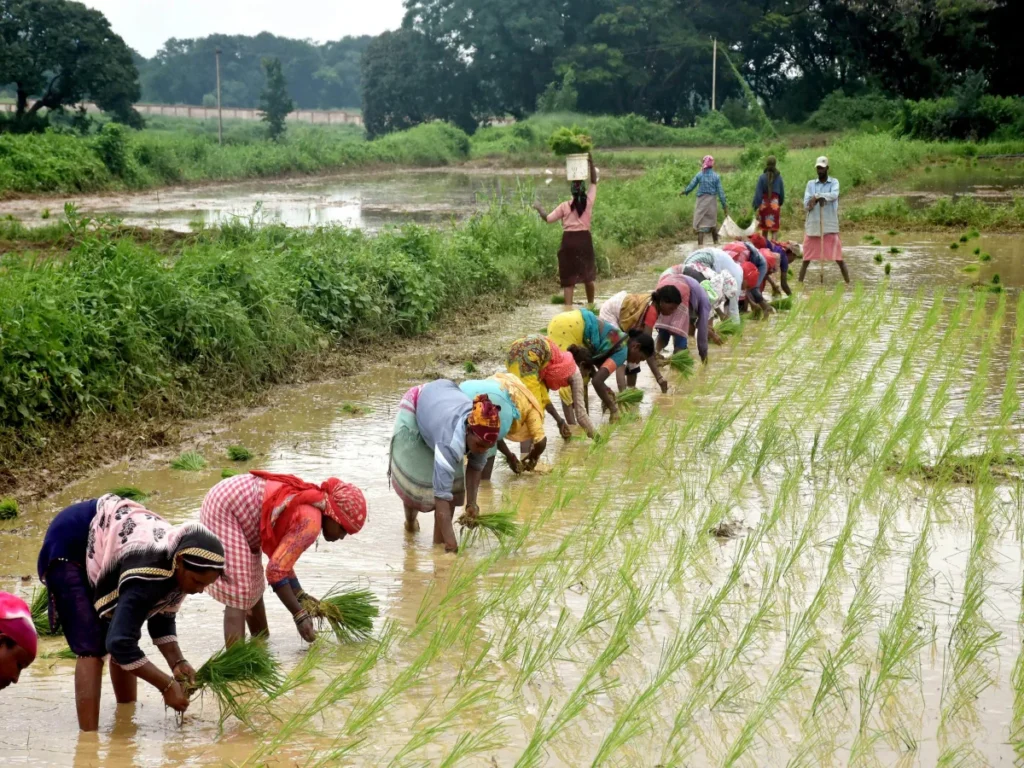Understanding District Agro-Met Offices and farmers

District Agro-Met Offices (DAMOs) are specialized institutions focused on the intersection of meteorology and agriculture. They act as central points where meteorological data is collected, analyzed, and disseminated specifically for agricultural purposes. This critical role means they provide localized weather information that can directly impact farming decisions, making them essential for agricultural communities.
DAMOs are positioned in different geographical areas to ensure that their services reach all farming communities effectively. The strategic placement allows them to cater to the specific needs of local farmers by considering regional climatic conditions and agricultural practices. This localized focus enhances the relevance of the information they provide, as weather can vary significantly across different areas.
These offices offer various forms of assistance to farmers, including weather forecasts, climate advice, and pest management strategies. This support is crucial because accurate weather information helps farmers optimize their operations. For instance, knowing the likelihood of rain or frost can influence when to plant seeds or when to harvest crops, ultimately improving yields and reducing losses.
DAMOs continuously observe and analyze weather data, looking for patterns that could affect agriculture. This monitoring includes tracking daily weather changes and seasonal trends. By providing forecasts based on this data, they help farmers anticipate what to expect in the coming days or weeks. This predictive capability is vital for planning agricultural activities such as planting and pest control.
Timeliness is crucial in agriculture. Weather conditions can change rapidly, and having up-to-date information can mean the difference between a successful harvest and a crop failure. DAMOs ensure that farmers receive this information promptly, allowing them to respond quickly to changing weather patterns. By disseminating data related specifically to agriculture—such as temperature forecasts, rainfall predictions, and humidity levels—these offices help farmers make decisions that align with current conditions.
Providing Real-time Weather Information
One of the primary roles of district agro-met offices is delivering real-time weather updates. Farmers rely on accurate weather forecasts to optimize their farming activities. These forecasts help them anticipate adverse weather conditions, such as droughts or heavy rainfall, which could adversely impact crop yields. The availability of this information enhances agricultural productivity, ultimately supporting farmers in achieving greater economic stability.
Advisory Services for Enhanced Crop Management
In addition to weather updates, district agro-met offices provide vital advisory services aimed at enhancing crop management strategies. They offer insights into the best planting dates, effective pest control measures, and suitable crop varieties for specific climatic conditions. By harnessing this knowledge, farmers are empowered to adopt best practices that align with the local agro-climatic realities. The collaborative efforts between agro-met offices and farmers foster resilience and adaptability in the agricultural sector.
